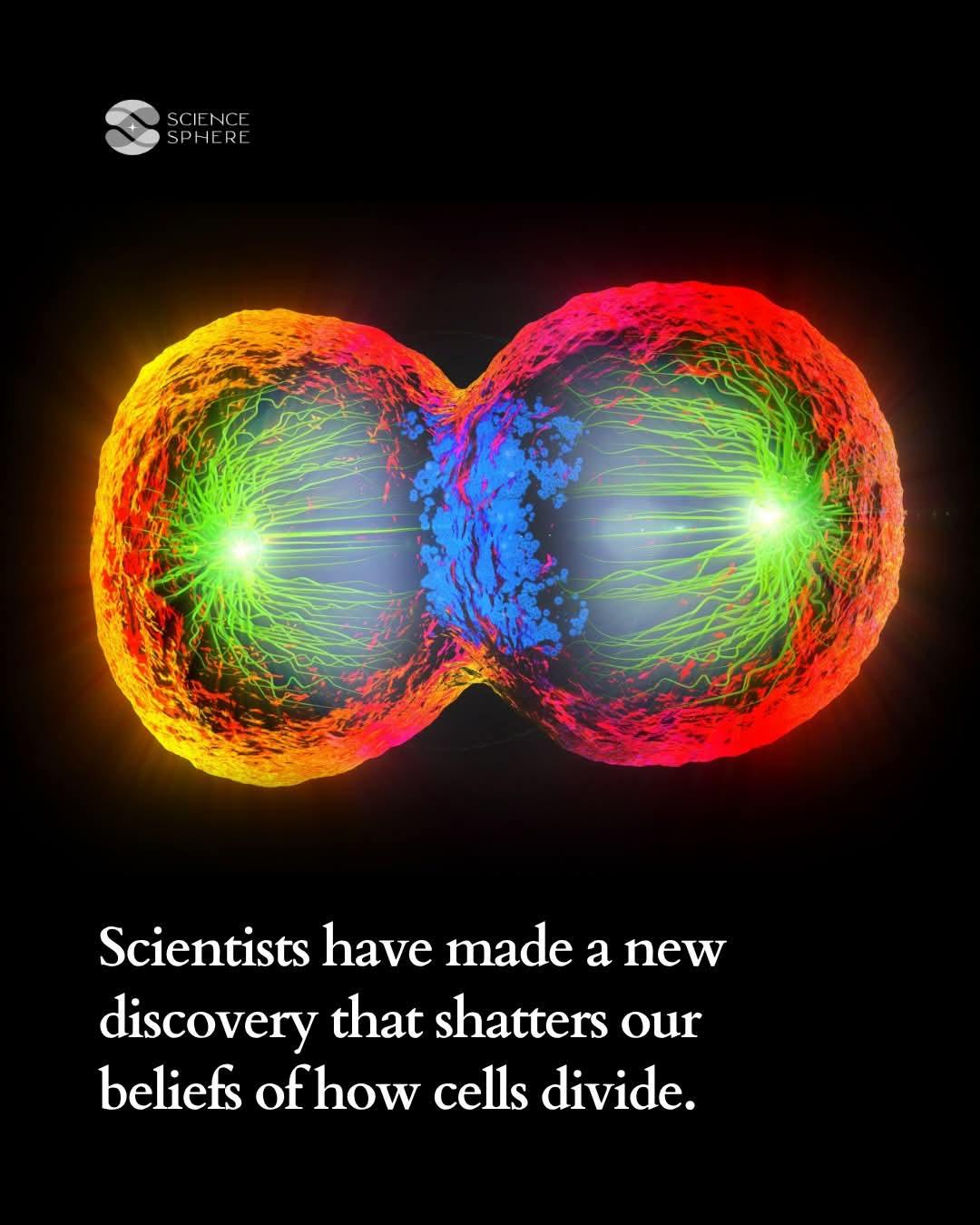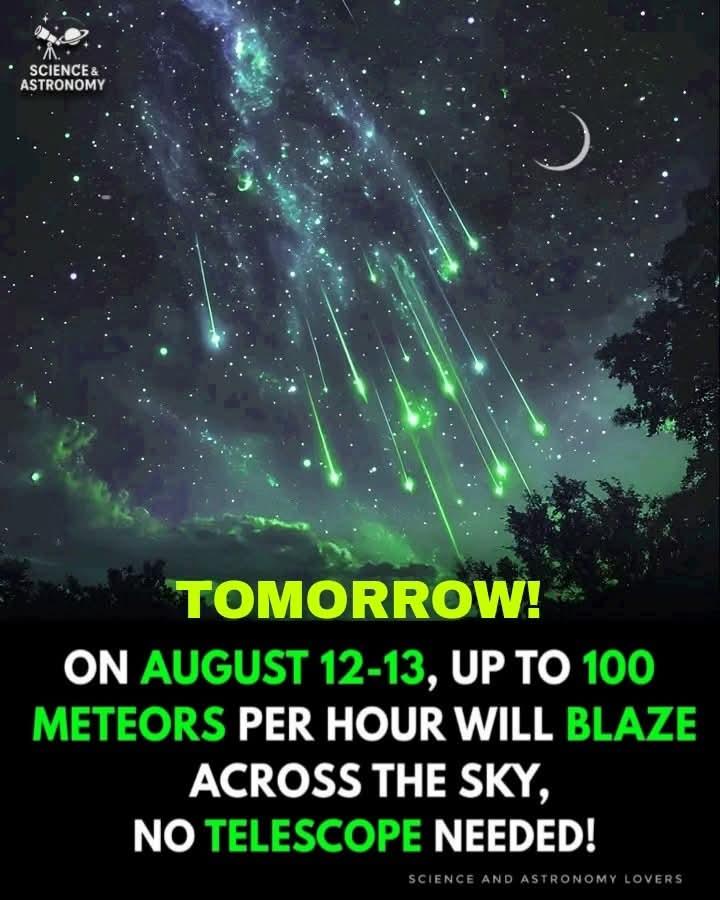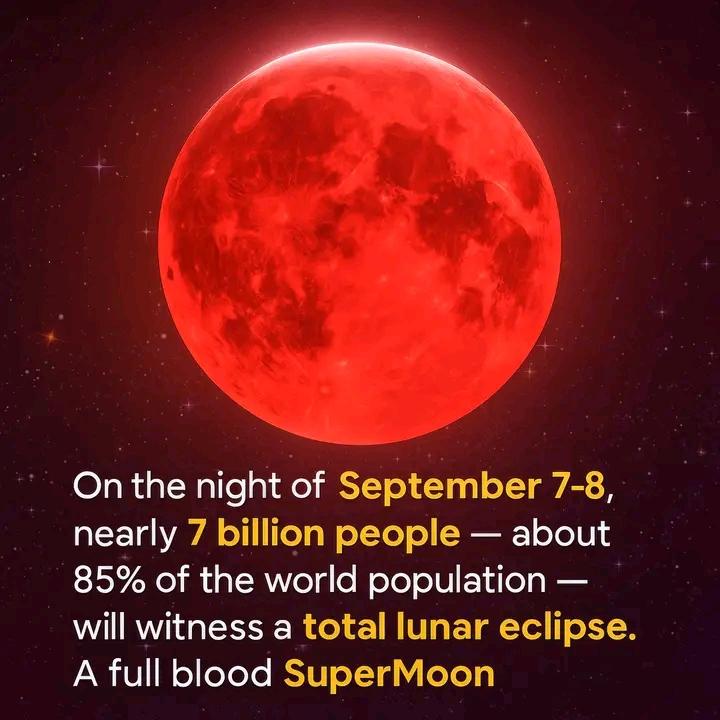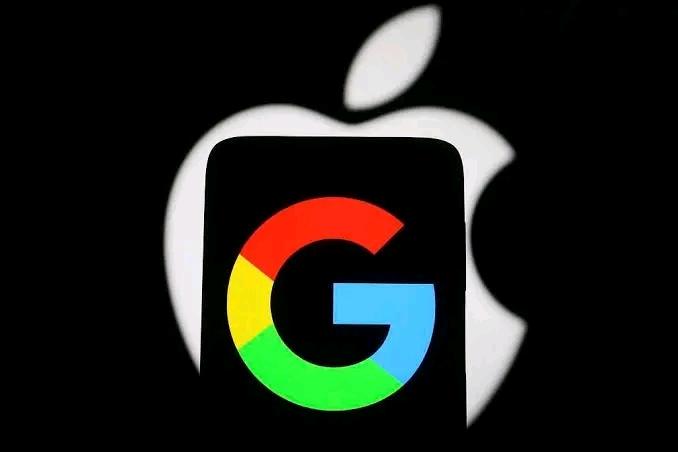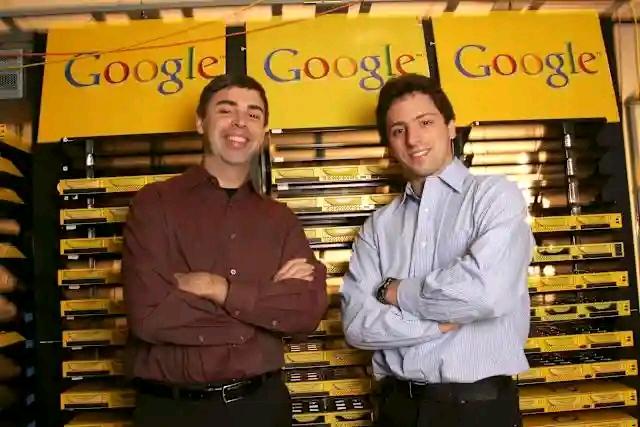In 1998, Yahoo made the most expensive mistake in corporate history.
Two kids begged them to buy their tiny website for $1m.
But Yahoo’s CEO called it "a waste of time".
11 years later, those kids wiped Yahoo off the internet.
Here’s the shocking story of Yahoo's downfall.
1994, Yahoo started as a college project I
A website built to help people find information online.
By 1996, it became the largest online platform at a $33.8M valuation.
They had the users, the hype, and the cash.
But cracks were forming…
Then in 1998, two Stanford students, Larry Page and Sergey Brin, built a revolutionary search engine.
Their algorithm made Yahoo’s search look ancient.
Unlike Yahoo’s directory-style listings, where human editors manually organized websites,
These guys built something different.
Their secret sauce? PageRank.
Instead of just matching keywords, their algorithm ranked websites based on how many other sites linked to them, like academic citations.
The more links a site had, especially from other credible pages, the higher it ranked.
The result? Faster, smarter, more relevant search results.
They named it Google.
And when they offered to sell it to Yahoo for just $1 million, Yahoo laughed.
“Search isn’t our focus,” they said.
They had no idea that tiny algorithm would become their executioner.
They turned it down, saying it wasn’t “worth their time.”
But instead of killing the idea completely, Yahoo made the worst business decision in tech history
They plugged Google search into Yahoo’s homepage.
Their thinking? "Let users still come to Yahoo, but let Google handle the search behind the scenes."
Smart in the short term.
A catastrophe in the long run.
Because here’s what happened:
People LOVED Google
It was fast, simple, and accurate, everything Yahoo search wasn’t.
So each time someone used Yahoo, they were unknowingly falling in love with Google.
Yahoo gave Google the exposure it needed to explode.
And explode it did.
Suddenly, Yahoo panicked.
They came crawling back and offered to buy Google for $3 billion.
But Google said, “Nah. We’re worth $5B now.”
Yahoo laughed… and walked away again.
Another trillion-dollar blunder, served cold with ego and regret.
Still in denial, Yahoo doubled down.
They decided to build their own walled ecosystem.
They launched platforms for news, sports, shopping, and finance.
They didn’t want to send users out, they wanted to keep them in.
All in the name of ad revenue.
Meanwhile, the internet exploded.
Websites multiplied like wildfire.
And Yahoo’s outdated, slow search system couldn’t keep up.
So users did what users always do when something sucks:
They left.
They went to Google, where the search was smarter, cleaner, lightning-fast.
No clutter. No noise. Just results.
And then… Google played its masterstroke:
AdWords.
A genius idea: Businesses could bid to show up on Google search but only pay if someone clicks.
Ads that felt natural. Relevant. Contextual.
Every single search became a money machine.
Google was printing cash.
Advertisers loved it. Users didn’t mind it.
Google didn’t just win search.
They turned it into a business empire.
While Yahoo? They were busy shopping.
Buy every Tech. Company to remain relevant
$5.7B for Broadcast com.
$1.1B for Tumblr.
Billions poured into acquisitions, most of them flops.
They weren’t innovating.
They were trying to buy relevance.
But Google kept building: Gmail. Maps. Android. YouTube. Chrome.
Every product was a hit.
Every move, strategic. User-first.
By 2009, Yahoo had had enough.
They gave up on search completely.
Handed it over to Microsoft.
Let Bing take the wheel.
Yes, Yahoo literally gave its core product to a competitor.
That was the beginning of the end.
In 2016, Yahoo was sold to Verizon for just $4.48 billion.
A sad fall from a $125B peak.
Once a titan. Now a tech ghost.
So what really went wrong?
Google had vision.
They took bold bets. Focused on people. Played the long game.
Yahoo was scattered.
Short-sighted. Chasing quick wins and shiny distractions.
In the end, Google didn’t just outperform Yahoo.
They buried them.
Because sometimes, playing it safe is the most dangerous move of all.
Yahoo had the chance to buy Google twice.
But they said no.
And it cost them everything.
So what can we learn from Yahoo’s downfall?
Plenty.
Here are the cold, hard lessons:
- Never ignore innovation because it’s “too small.”
That tiny idea you call a “waste of time” today could be your biggest threat tomorrow.
- If you don't serve your users, someone else will.
Yahoo chased ads. Google chased users. Guess who won?
- Don’t fear disruption, own it.
Yahoo was too comfortable. Too focused on preserving the old.
Google rewrote the rules and owned the future.
- Exposure is power.
Yahoo thought they were “helping” Google by showing their results.
They were unknowingly building their rival's brand on their own homepage.
- You can’t outspend strategy.
Yahoo thought buying companies was the answer.
But real dominance is built, not bought.
- Simplicity scales.
While Yahoo was cluttered with portals and ads, Google kept it clean.
Sometimes the simplest product wins.
- Vision > Vanity.
Google had a long-term vision.
Yahoo wanted to look big fast.
The difference? One is still around. The other is a tech relic.
In business, it’s not about who starts first.
It’s about who adapts, who listens, and who leads.
Yahoo had the throne.
But they gave it away twice.
So remember this:
The most expensive mistake in business isn’t doing the wrong thing.
It’s ignoring the right one.
#google
#Yahoo
#TechStories
Tech Stories
Ifeanyi Christopher
In 1998, Yahoo made the most expensive mistake in corporate history.
Two kids begged them to buy their tiny website for $1m.
But Yahoo’s CEO called it "a waste of time".
11 years later, those kids wiped Yahoo off the internet.
Here’s the shocking story of Yahoo's downfall.
1994, Yahoo started as a college project I
A website built to help people find information online.
By 1996, it became the largest online platform at a $33.8M valuation.
They had the users, the hype, and the cash.
But cracks were forming…
Then in 1998, two Stanford students, Larry Page and Sergey Brin, built a revolutionary search engine.
Their algorithm made Yahoo’s search look ancient.
Unlike Yahoo’s directory-style listings, where human editors manually organized websites,
These guys built something different.
Their secret sauce? PageRank.
Instead of just matching keywords, their algorithm ranked websites based on how many other sites linked to them, like academic citations.
The more links a site had, especially from other credible pages, the higher it ranked.
The result? Faster, smarter, more relevant search results.
They named it Google.
And when they offered to sell it to Yahoo for just $1 million, Yahoo laughed.
“Search isn’t our focus,” they said.
They had no idea that tiny algorithm would become their executioner.
They turned it down, saying it wasn’t “worth their time.”
But instead of killing the idea completely, Yahoo made the worst business decision in tech history
They plugged Google search into Yahoo’s homepage.
Their thinking? "Let users still come to Yahoo, but let Google handle the search behind the scenes."
Smart in the short term.
A catastrophe in the long run.
Because here’s what happened:
People LOVED Google
It was fast, simple, and accurate, everything Yahoo search wasn’t.
So each time someone used Yahoo, they were unknowingly falling in love with Google.
Yahoo gave Google the exposure it needed to explode.
And explode it did.
Suddenly, Yahoo panicked.
They came crawling back and offered to buy Google for $3 billion.
But Google said, “Nah. We’re worth $5B now.”
Yahoo laughed… and walked away again.
Another trillion-dollar blunder, served cold with ego and regret.
Still in denial, Yahoo doubled down.
They decided to build their own walled ecosystem.
They launched platforms for news, sports, shopping, and finance.
They didn’t want to send users out, they wanted to keep them in.
All in the name of ad revenue.
Meanwhile, the internet exploded.
Websites multiplied like wildfire.
And Yahoo’s outdated, slow search system couldn’t keep up.
So users did what users always do when something sucks:
They left.
They went to Google, where the search was smarter, cleaner, lightning-fast.
No clutter. No noise. Just results.
And then… Google played its masterstroke:
AdWords.
A genius idea: Businesses could bid to show up on Google search but only pay if someone clicks.
Ads that felt natural. Relevant. Contextual.
Every single search became a money machine.
Google was printing cash.
Advertisers loved it. Users didn’t mind it.
Google didn’t just win search.
They turned it into a business empire.
While Yahoo? They were busy shopping.
Buy every Tech. Company to remain relevant
$5.7B for Broadcast com.
$1.1B for Tumblr.
Billions poured into acquisitions, most of them flops.
They weren’t innovating.
They were trying to buy relevance.
But Google kept building: Gmail. Maps. Android. YouTube. Chrome.
Every product was a hit.
Every move, strategic. User-first.
By 2009, Yahoo had had enough.
They gave up on search completely.
Handed it over to Microsoft.
Let Bing take the wheel.
Yes, Yahoo literally gave its core product to a competitor.
That was the beginning of the end.
In 2016, Yahoo was sold to Verizon for just $4.48 billion.
A sad fall from a $125B peak.
Once a titan. Now a tech ghost.
So what really went wrong?
Google had vision.
They took bold bets. Focused on people. Played the long game.
Yahoo was scattered.
Short-sighted. Chasing quick wins and shiny distractions.
In the end, Google didn’t just outperform Yahoo.
They buried them.
Because sometimes, playing it safe is the most dangerous move of all.
Yahoo had the chance to buy Google twice.
But they said no.
And it cost them everything.
So what can we learn from Yahoo’s downfall?
Plenty.
Here are the cold, hard lessons:
- Never ignore innovation because it’s “too small.”
That tiny idea you call a “waste of time” today could be your biggest threat tomorrow.
- If you don't serve your users, someone else will.
Yahoo chased ads. Google chased users. Guess who won?
- Don’t fear disruption, own it.
Yahoo was too comfortable. Too focused on preserving the old.
Google rewrote the rules and owned the future.
- Exposure is power.
Yahoo thought they were “helping” Google by showing their results.
They were unknowingly building their rival's brand on their own homepage.
- You can’t outspend strategy.
Yahoo thought buying companies was the answer.
But real dominance is built, not bought.
- Simplicity scales.
While Yahoo was cluttered with portals and ads, Google kept it clean.
Sometimes the simplest product wins.
- Vision > Vanity.
Google had a long-term vision.
Yahoo wanted to look big fast.
The difference? One is still around. The other is a tech relic.
In business, it’s not about who starts first.
It’s about who adapts, who listens, and who leads.
Yahoo had the throne.
But they gave it away twice.
So remember this:
The most expensive mistake in business isn’t doing the wrong thing.
It’s ignoring the right one.
#google
#Yahoo
#TechStories
Tech Stories
Ifeanyi Christopher



